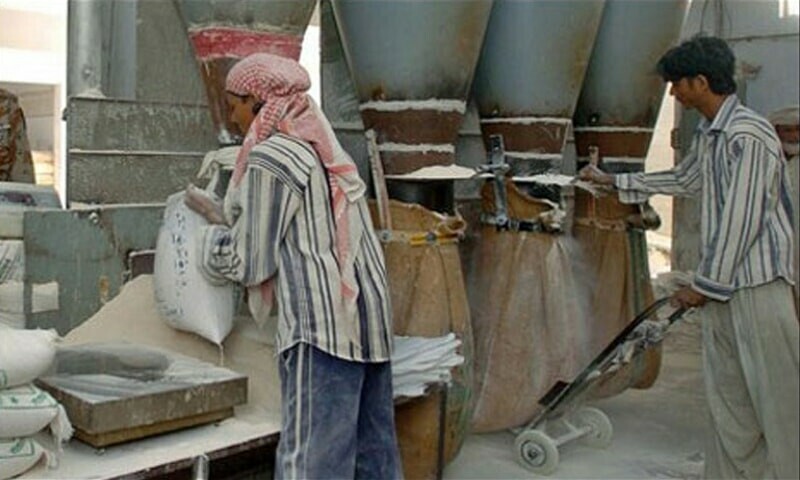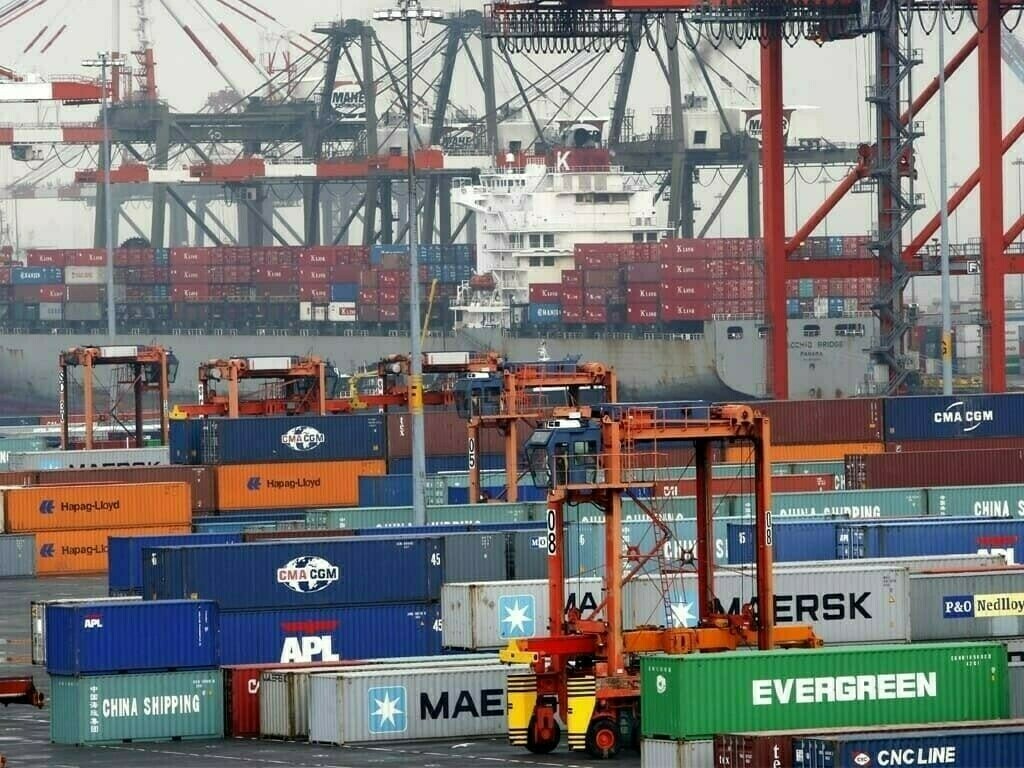Mohsin Siddiqui (Chief Reporter)
The Pakistan Flour Mills Association (PFMA) declared on Wednesday an indefinite strike in protest against the imposition of a withholding tax on flour. This decision will significantly impact the country’s flour supply as the mills shut down operations in response to what they consider an unfair and unacceptable tax on a staple food item.
Asim Raza, the PFMA Punjab Chairman, made the formal announcement regarding the closure of flour mills. He expressed strong opposition to the tax, stating that imposing a tax on flour, an essential item used in every household, was both unfathomable and unacceptable. Raza emphasized that flour millers would not act as tax agents for the Federal Board of Revenue (FBR), highlighting their collective resistance to this new tax measure.
With the halt of wheat washing in more than 1,500 flour mills across the country, the strike will significantly disrupt the production and supply of flour. Starting from July 11, flour packing and distribution will cease, potentially leading to a shortage of this vital food commodity. This move underscores the severity of the PFMA’s stance against the withholding tax.
PFMA Central Chairman Chaudhry Amir Abdullah also voiced his frustration, citing a persistent deadlock with the government over the withholding tax issue. Abdullah announced the suspension of flour mills’ operations due to the government’s refusal to lift the tax. He urged the government to reconsider its position, arguing that the withholding tax on flour would ultimately burden the common man by increasing the cost of a basic necessity.
Abdullah was particularly critical of the FBR, accusing the agency of failing to meet its grinding tax targets and shifting the burden of excessive taxes onto the public. He argued that the FBR’s inability to manage tax collection efficiently should not result in additional taxes on essential food items. Instead, he called for the withdrawal of what he termed an unnecessary and burdensome withholding tax.
The decision to shut down flour mills indefinitely has far-reaching economic and social implications. Flour is a staple in Pakistani households, and any disruption in its supply can lead to significant hardship for millions of people. The strike not only highlights the flour millers’ grievances but also underscores the potential for widespread public discontent if the tax leads to higher prices for basic food items.
The government’s response to the PFMA’s strike will be crucial in determining the duration and impact of the shutdown. If the government remains steadfast in its decision to impose the withholding tax, the strike could persist, exacerbating supply chain issues and leading to potential unrest among the population. Conversely, a willingness to negotiate and find a compromise could pave the way for a resolution that addresses the concerns of the flour millers while ensuring the continued availability of flour.
Protests and strikes against tax policies are not uncommon in Pakistan. Various industries have, over the years, expressed their discontent with what they perceive as unfair tax burdens. The current situation with the PFMA is a continuation of this trend, reflecting broader issues of trust and cooperation between the government and the business community.
The announcement of the strike has garnered significant attention from the media and the public. News outlets are closely monitoring the situation, and public opinion is divided. Some support the PFMA’s stance, arguing that essential food items should not be taxed, while others believe that everyone should contribute to the tax system to support national development.
The long-term outcomes of this strike will depend on how quickly and effectively the government and the PFMA can reach a resolution. A prolonged strike could lead to increased prices for flour and related products, affecting the cost of living for ordinary citizens. It could also set a precedent for other industries to follow suit in protesting tax measures they deem unfair.




